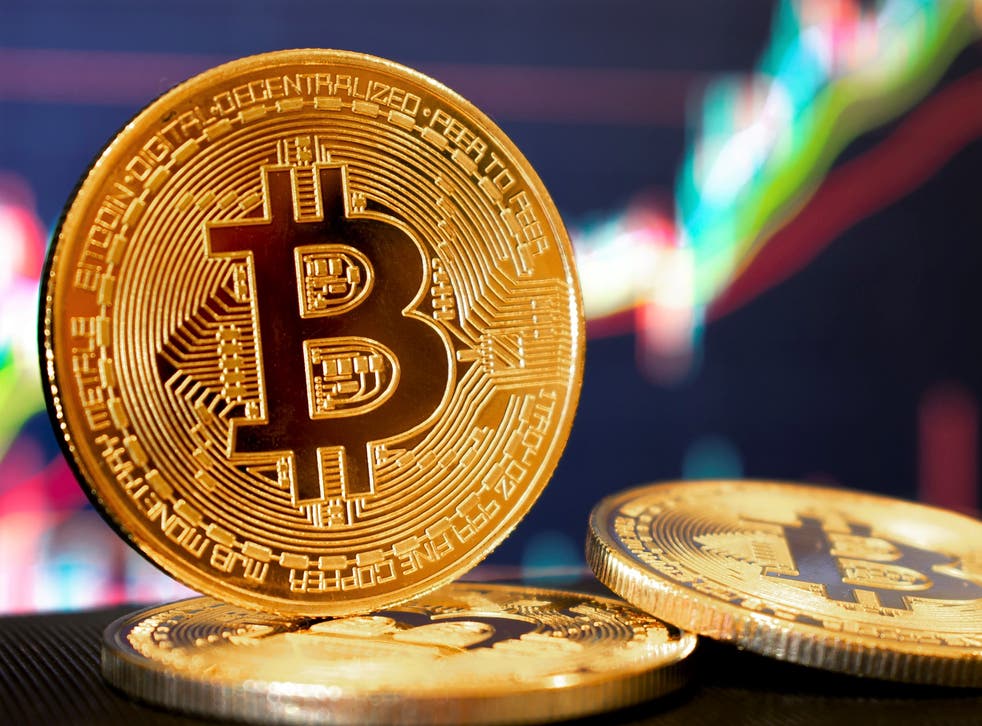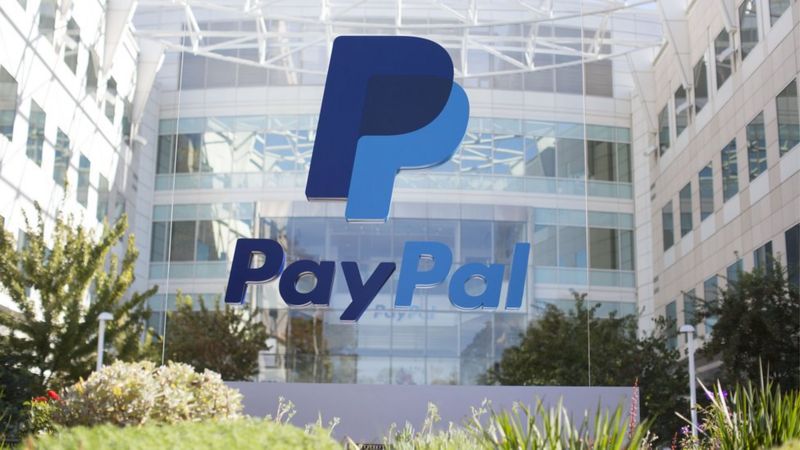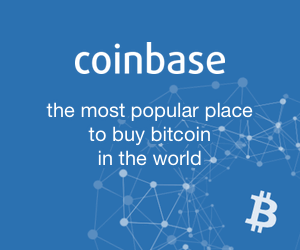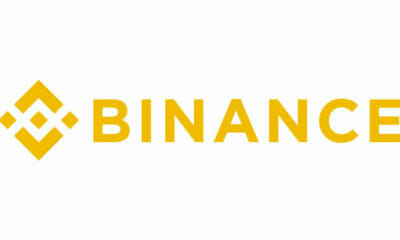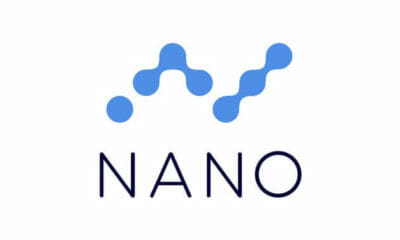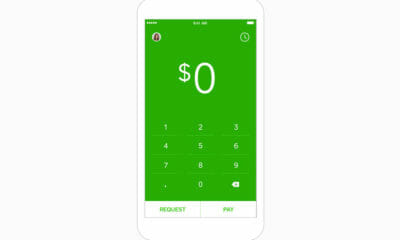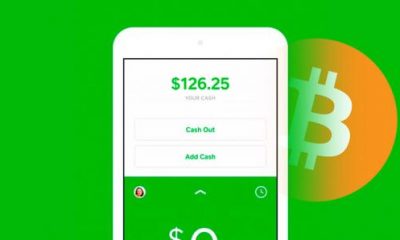Ripple enters into a partnership with the Saudi Arabian Monetary Authority (SAMA), the central bank for the Kingdom of Saudi Arabia (KSA). The agreement was signed to help banks in the KSA improve their payments infrastructure using Ripple’s xCurrent product.
Ripple and the KSA are making history with this revolutionary pilot program. This will be the first of its kind to be launched by a central bank. With greater transparency and a lower cost, xCurrent will allow the participating banks to instantly settle payments both into and out of their country. SAMA will be providing interested Saudi Banks with program management and training for the xCurrent pilot program.
This groundbreaking partnership has the potential to single-handedly change how banks in the KSA send money globally. xCurrent provides access to the growing list (now over 100) of banks, payment providers, and more currently on the RippleNet platform. This access promises to help modernize the KSA’s payments systems and to extend their services into other major corridors.
Ripple believes that this partnership is a reflection of the undeniable impact of blockchain solutions on money as we know it.
In the official announcement from Ripple, the global head of infrastructure innovation, Dilip Rao said:
“Central banks around the world are leaning into blockchain technology in recognition of how it can transform cross-border payments, resulting in lower barriers to trade and commerce for both corporates and consumers,”
“SAMA is leading the charge as the first central bank to provide resources to domestic banks that want to enable instant payments using Ripple’s innovative blockchain solution.”
This partnership comes just days after Ripple partners with the United Arab Emirates (UAE) Exchange, one of the Largest Middle East’s payment solution providers.









